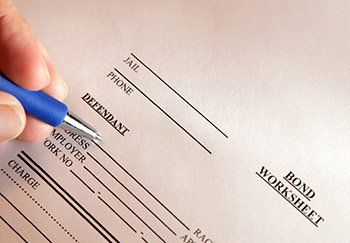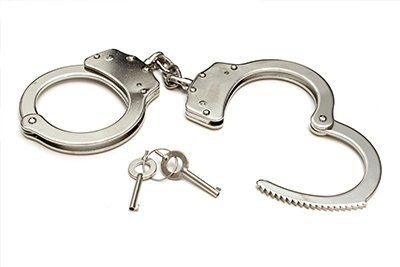

Luckily, the process is easier than you think, but it can be confusing if you've never gone through it before. To help you out, here's an overview of the steps involved.

Travis County, License #012015
BULLDOG BAIL BONDS
Travis County, License #012015
BULLDOG BAIL BONDS

The purpose of bail following arrest is not to punish you, but to assure that you will appear in court for a hearing or trial. That being said, while the procedures for requesting a bail reduction vary by state, it's up to you as the defendant to prove why you need the bail the court set reduced. To do that, you need to know what's involved in convincing a judge to lower the bail amount the court initially set.
How Bail Reduction Works
The first step in the bail-reduction process is to make a motion. A motion for lowered bail generally includes:
After you file the motion for a bond reduction, the court's secretary will set a hearing date. Depending on the governing laws of the jurisdiction in which you've been incarcerated, you can make the request for lowered bail at a special bail hearing or at your arraignment when you appear in court to hear the charges against you and enter a plea.
In either case, consider what evidence and witnesses you want to present at the hearing. For example, you may want your attorney or public defender to introduce bank statements and copies of tax documents as evidence to show that you don't have the funds to post the current bail.
The court will rule on the motion after it receives any evidence. But even if the court reduces the amount of bail, it may set conditions for your release on bail. Be aware, too, that when you file the bond-reduction motion, the State may then file a motion to raise your bail.
Along with considering your financial ability to post bond, other factors a judge may take into account before ruling on the motion to reduce bail include your:
In its decision, the court will also weigh the severity of the alleged offense with which you've been charged. A previous criminal history can influence the court's decision as well.
If a judge lowers your bail, the next step is to buy a bail bond, generally at a cost of 10 percent of the total amount of your bail which must be paid upfront. The bail bond company may charge a higher rate if you have previous criminal convictions. Usually, the 10 percent isn't refunded, even if the charges are dropped.
A licensed bail bond agent will request collateral in addition to the upfront rate before covering the remainder of your bail. Should you not appear in court on the scheduled date, the bondsperson can cash in on the collateral. Therefore, if a family member puts up his or her home as collateral, that person will lose the home if you skip bail and fail to show up in the court.
Once your bail has been reduced, the bail bond representatives at Austin Bail Bonds can walk you through the bail procedure so that you can be released from jail and wait for your case to go to court.




Address:
600 W 13th St Austin, TX 78701
Phone:
512-320-0800
Email: